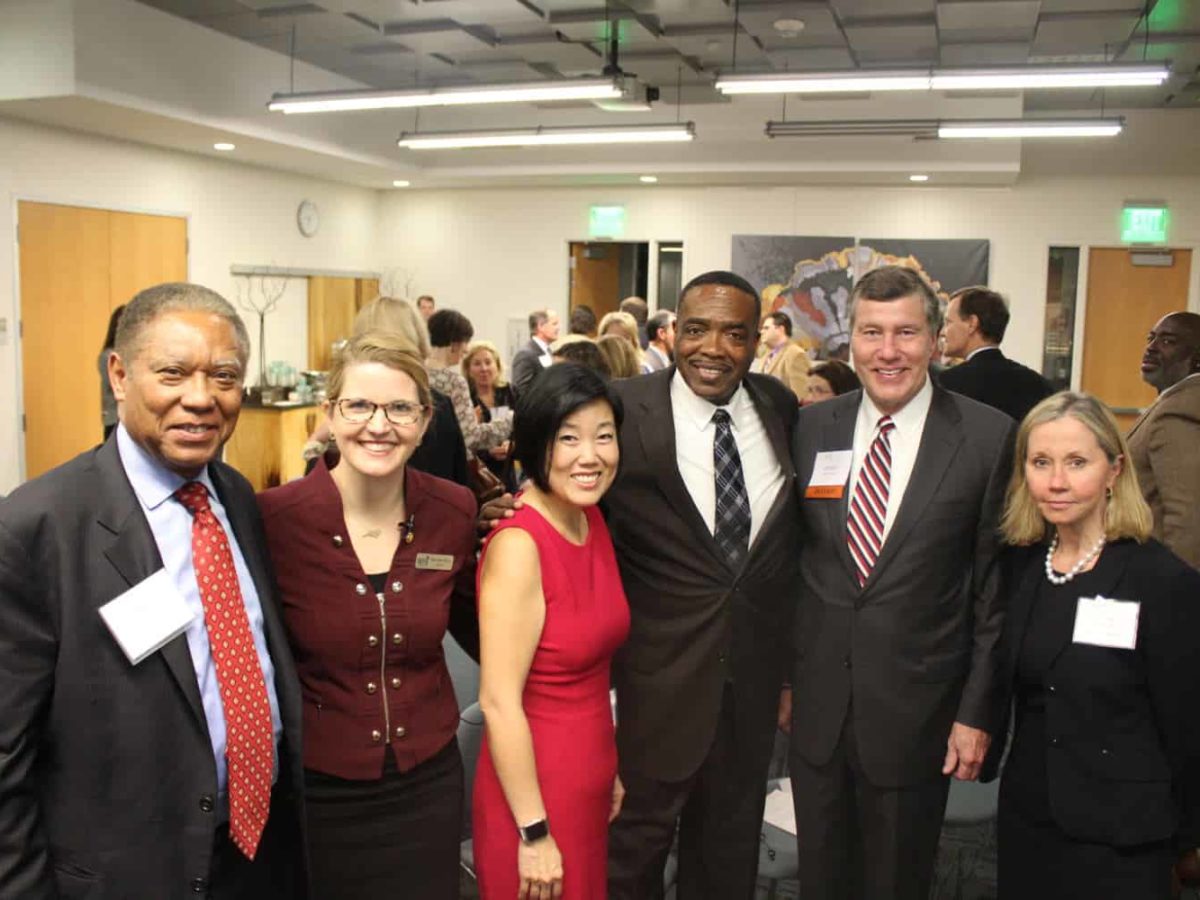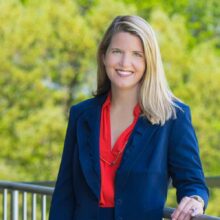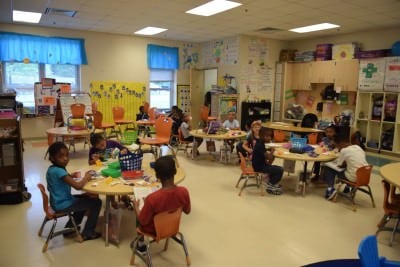
Are you frustrated about how polarized our country has become? I certainly hear it on the news and in the voting trends; people are discouraged by the inability of our society, particularly our politicians, to find common ground and work together.
And yet, in our everyday lives, we seem to be perfectly happy to live in our own echo-chambers – just like the politicians we criticize. We cherry-pick the facts that validate our suspicions. We listen to the news that tells us the stories we want to hear. We even cultivate friendships with people who share our beliefs and maybe even write off people who disagree.
I know it is hard to open yourself up to something new; but what is the worst that can happen? Either you learn something new or you validate your beliefs, but either way you tried. Several years ago, I heard NC Senator Dan Blue paraphrase John Stuart Mill. He said: “I welcome different views… because they will either strengthen my belief in my position, or cause me to change because I am unable to defend what I thought was truth.” In a perfect world, everyone would understand that these are words to live by; but most people still choose to take sides and stay in their comfort zone.
This reality hit me hard over the past few weeks as we announced that Michelle Rhee (former Chancellor of the D.C. school system) and George Parker (former union president in the D.C. school system) were coming to North Carolina. You would think that the fact that these two former opponents were coming to town with a shared message of hope would be inspiring – or at least intriguing.
And yet, some people told us to shut the door on them. I couldn’t believe it. Didn’t they understand that according to NAEP – the nation’s report card – Washington, D.C. is the fastest improving education system in the nation? Perhaps they didn’t realize that recent policies in support of educators have been widely credited with the continuing successes there. Why would we deprive ourselves of an opportunity to learn from what has happened in Washington, D.C. over the last decade?
At BEST NC, we are willing to have the difficult conversations that lead to exciting ideas – and having George and Michelle together on the same stage was a great way to demonstrate that it can be done. You won’t find two less-likely allies than this former controversial education reformer and president of the teacher’s union.
With that in mind, we moved ahead with the event and even offered an opportunity for the media and public to engage in the conversation.
If you watch the video, you will hear George talking about the critical importance of integrity and civility during the process of creating professional pathways for teachers. “We talked to each other,” he told us, “not at each other. That was always important. Because we always kept a certain level of respect in our conversations.”
What strikes me about the conversation with George and Michelle is that those who chose to listen – those who really heard their message – were amazed by how aligned these unlikely advocates are on student-focused, pro-educator efforts for education transformation.
However, many people chose not to tune in to the online conversation. In fact, when EdNC posted the article on their Facebook page and invited people to watch the video, one person simply wrote: “nope.” While I would like to shrug it off and say it is their loss – it’s not. This kind of unwillingness to listen to each other is our collective loss.
In the end, the lesson I took away from Michelle and George’s visit was not just about teacher professional pathways – it was about how people can and should work together to effect change for students.
Together, they found common ground around student success and elevating the educators who make it happen. They did this by staying laser-focused on students while being honest about their perspectives and biases, which is critical for having authentic conversations.
Together, they worked with teachers to build a new professional pathway for educators, which was approved with an overwhelmingly positive vote from the teacher’s union and is widely credited with improving student achievement.
Together, this duo represents precisely the type of collaboration that is needed to make effective change: a willingness to be inclusive, respectful, honest and vigilantly-focused on students.
Choosing to listen to other perspectives; especially ideas that may challenge our own beliefs – requires us to recognize that no one is perfect or has a monopoly on the best ideas – and this is hard. But when it comes to our students, it’s the right thing to do.
So the question is simple. Will you dare to reach out beyond your comfort zone or continue to take sides?


